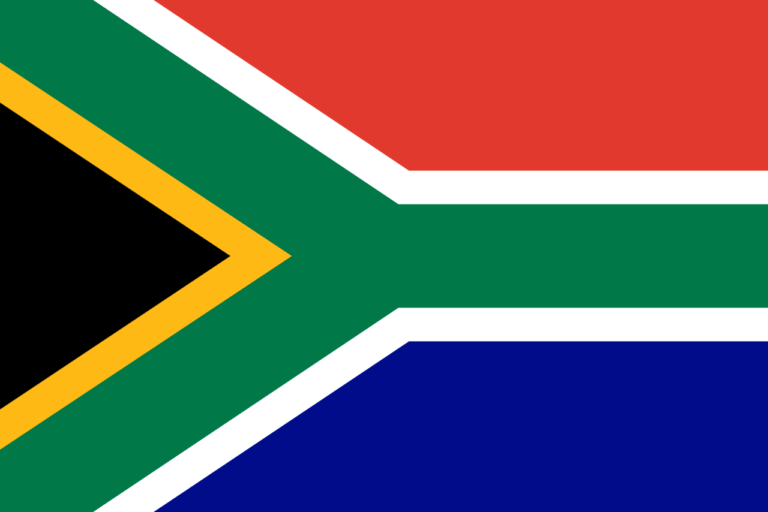Last week, multiple cable outages occurred across Africa, negatively impacting broadband connectivity in much of the continent, particularly South Africa, its most commercially important country.
Microsoft said four undersea cables were severed off the coast of Abidjan and Ivory Coast, and that the breaks were caused by “seismic activity.” These are the main internet cables connecting South Africa and Europe, such as the West African Cable System (Wacs) and Google’s Equiano cable, which run along the west coast of Africa.
Microsoft named the four affected cables as Wacs, MainOne, Sat-3, and Ace. Local reports say the disruption could take weeks or even months to repair.
Vodacom, the region’s leading telecommunications company, confirmed that all network providers in South Africa were affected.
What doesn’t help is that East Africa’s main “Seacom” cable in the Red Sea was also severed, probably by the ship’s anchor. Seacom announced in February that data traffic had been disrupted on its cable from Mombasa, Kenya, to Zafarana, Egypt.
According to the data, eight countries in West Africa are severely affected, with Ivory Coast, Liberia and Benin being the hardest hit. Ghana, Nigeria and Cameroon have also been hit by turmoil, and even Senegal and Portugal have been affected.
Microsoft says the cable break has reduced its total capacity supporting the South African Azure data center regions, namely Northern South Africa and Western South Africa. Many organizations reported issues accessing Microsoft services, including Teams, over the past week and weekend.
Angola Cable said on March 15 that the sector has backups and alternatives available.
Microsoft said the worst of the outage has so far been alleviated and most links are returning to normal levels. However, important institutions such as Microsoft itself and South Africa’s Nedbank have reported the need to redirect broadband and internet traffic.


